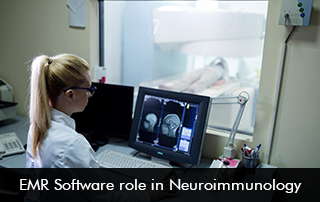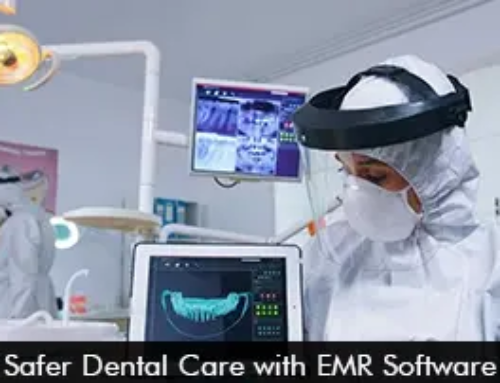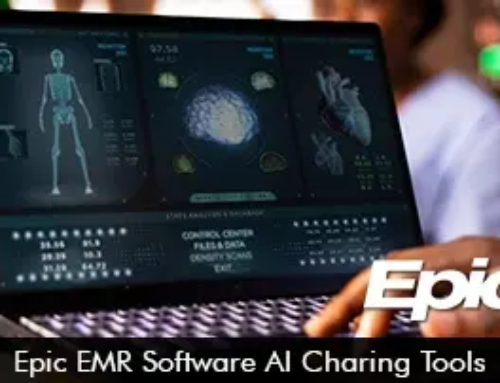Neuroimmunology, a field exploring how our nervous and immune systems interact, is taking off. It’s opening up exciting possibilities for treating conditions like multiple sclerosis (MS), Alzheimer’s disease, and autoimmune encephalitis. And guess what? Electronic Medical Records (EMR) Software is a game-changer in this field, making a huge difference in research, patient care, and helping doctors make better decisions.
Opening Research and Data Analysis Avenues with EMR Software
EHR Software empowers neuroimmunologists to efficiently gather, scrutinize, and make sense of extensive patient data. By utilizing built-in data analytics tools, healthcare providers can monitor how diseases evolve, study patterns in immune responses, and gauge the success of treatments. Advanced EMR systems, driven by AI, enhance predictive analytics even further, lending a hand in diagnosing conditions early on and tailoring treatment plans to individual patients with neuroimmune disorders.
Improved Clinical Decision-making with EHR Software
Neuroimmunological disorders often require a team effort, involving neurologists, immunologists, and rheumatologists. EMR Software makes it easy for these specialists to communicate and collaborate by storing a patient’s medical history, test results, and treatment plans in one safe place. The electronic health records software also has built-in tools that help doctors suggest treatments that have been proven to work and lower the chances of a wrong diagnosis.
EMR Software and Efficient Patient Management
Electronic Medical Records Software makes managing patients easier by combining data from remote patient monitoring (RPM) and wearable devices. For patients with Multiple Sclerosis (MS), this means their symptoms can be followed as they happen, letting doctors step in early when needed. Plus, the telemedicine part of EMR Software lets neuroimmunologists have online appointments with patients, making sure those with movement difficulties get the care they need without interruption.
Secured Neuroimmunology Data with EMR Software
Neuroimmunology research and treatment deal with such delicate information, so keeping data safe is incredibly important. EHR Software makes sure it follows HIPAA and other rules by using encryption, access controls, and blockchain-based security. This protects patients’ private details while still allowing researchers to share data securely for teamwork.








